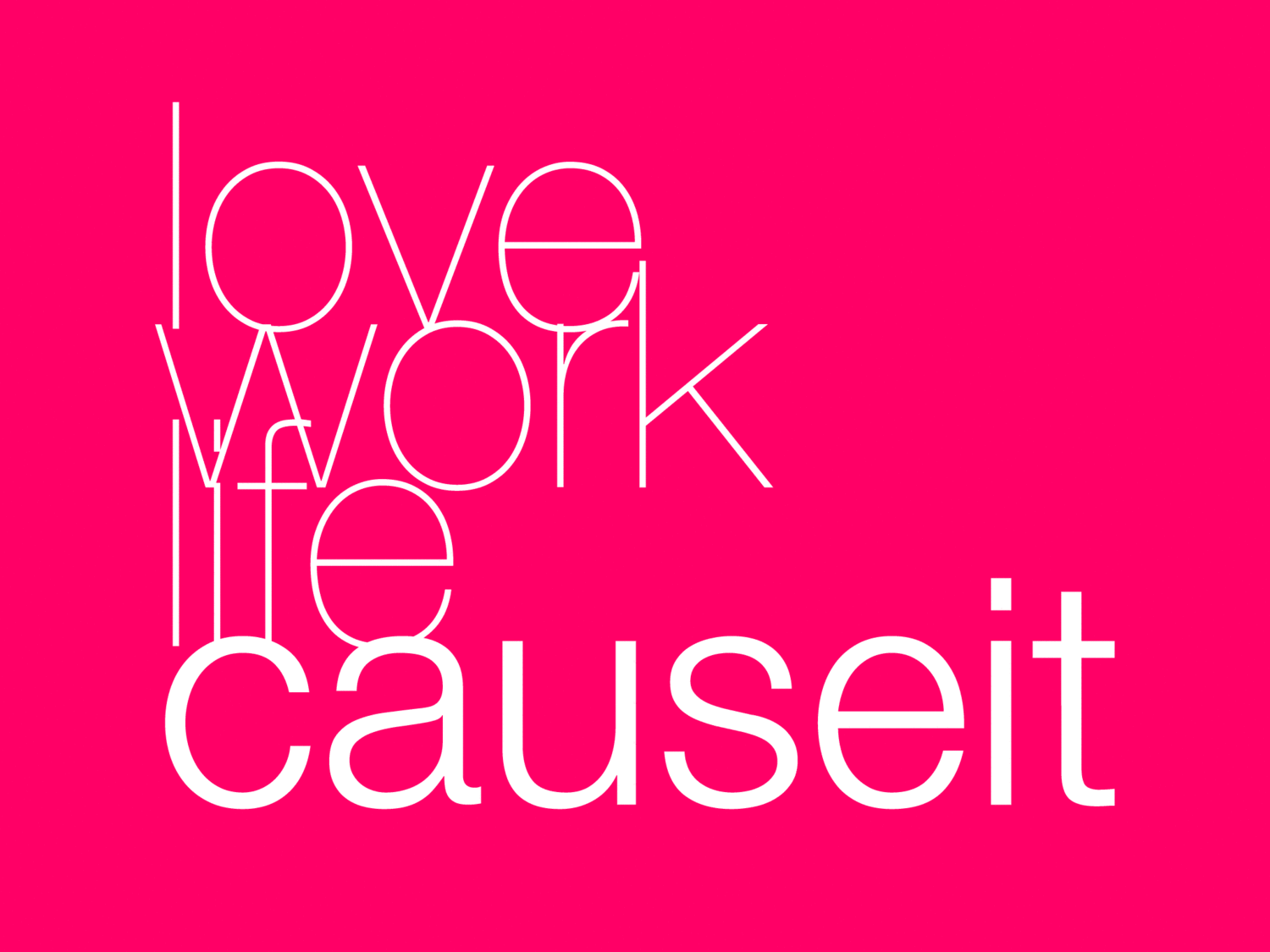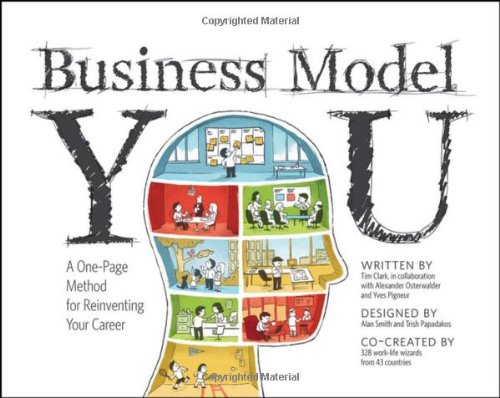I recently asked each member of my team to complete the personal business model canvas from Business Model You.
This request came from a discussion my Director of Consulting Carri Munn and I were having about what's called T-Comp (total compensation). It was feeling a bit slimy to both of us, and then we went and looked up the word. Compensation literally means:
noun
something, typically money, awarded to someone as a recompense for loss, injury, or suffering.
"seeking compensation for injuries suffered at work"
synonyms:recompense, repayment, reimbursement, remuneration, requital,indemnification, indemnity, redress; More
the action or process of awarding someone money as a recompense for loss, injury, or suffering.
"the compensation of victims"
NORTH AMERICAN
the money received by an employee from an employer as a salary or wages.
plural noun: compensations
GROSS!
We wanted to get a better model for looking at exchange and acknowledging the entrepreneurial, adaptive model Causeit's committed to while also being real about the needs of the business, each of our team and myself as an owner of the legal structure and founder of the vision. We also didn't want to get bogged down in la-la land about how professional development or roles 'could' look while losing sight of fundamental business model constraints.
This is part of a larger process of articulating role descriptions for each person which connect each role (or set of roles, more realistically) to the vision, strategy and objectives of the business. Using the Business Model You canvas is a helpful way to do this because it is supportive of empathy on all sides of a traditionally-funky equation between employee and employer. By having the business as a whole and also each and every person in the business articulate what they get and what they give from each other, we make sure we're responsible for setting up healthy, adaptable exchange and supporting straight talk and alignment between everyone. Finally, this process is supportive of each of us going through a critical thinking process which has us not just be told what our role is 'worth' but actually experience the tensions of the roles ourselves—like who should be paying for professional development, or how much money each role contributes and receives from client engagements, or all the tangible and intangible forms of exchange happen (like life-work balance in addition to cash).
We'll keep you posted on the process!

